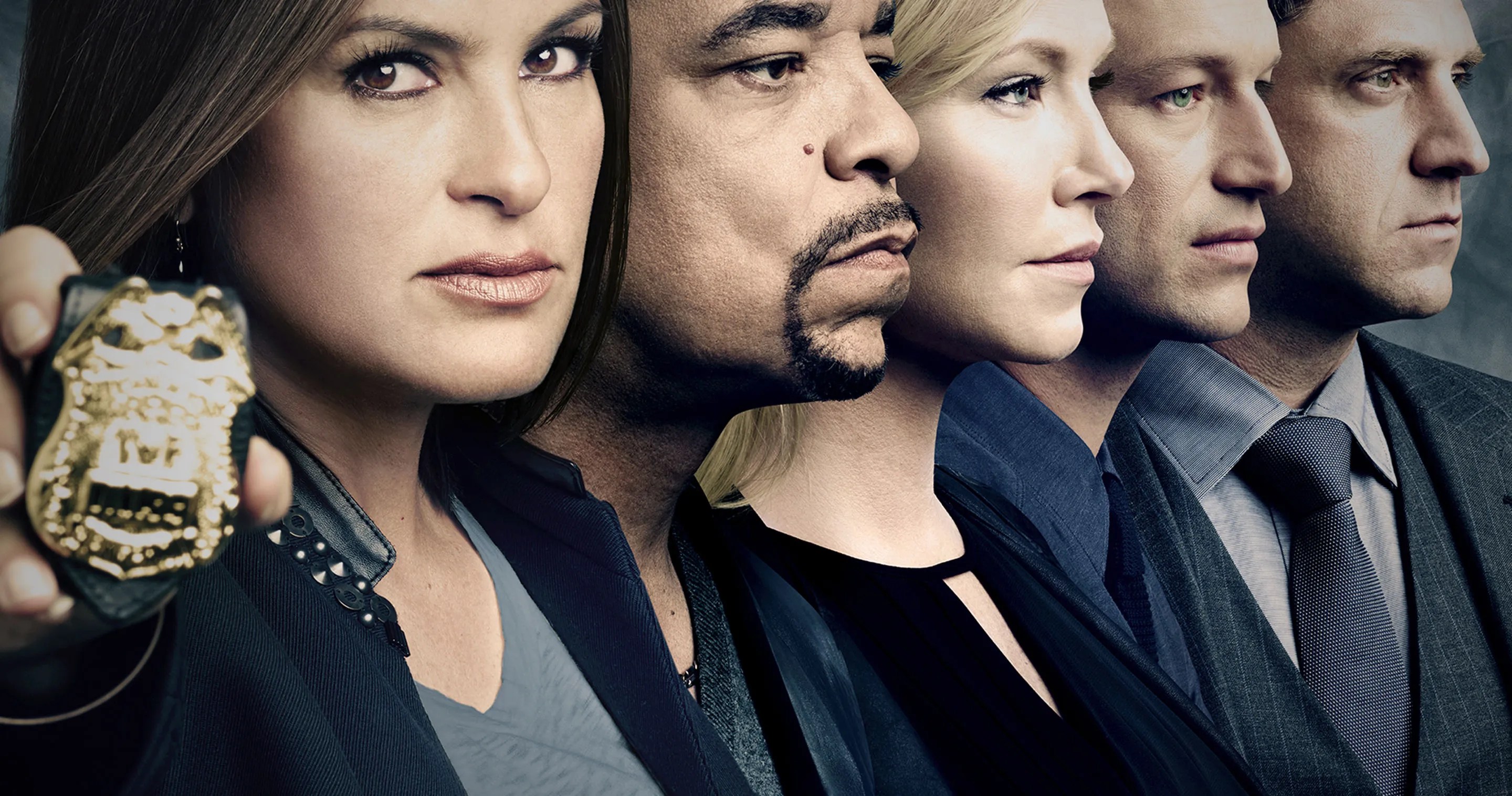RDK Law and Order is a significant topic within the realms of legal practices and enforcement, resonating with both legal professionals and everyday citizens. As society evolves, so do the frameworks that govern it, leading to an increased focus on law and order under the RDK framework. This concept embodies a blend of rules, regulations, and the mechanisms that ensure they are upheld. Understanding RDK Law and Order is crucial for those who wish to navigate the complexities of the legal landscape, including how justice is administered and how laws are enforced.
In recent years, the RDK approach has gained traction as it emphasizes accountability, transparency, and the ethical application of laws. By delving into this framework, we can better understand the principles that guide legal systems and the importance of maintaining order within society. This article will explore the various facets of RDK Law and Order, shedding light on its implications and significance.
The RDK Law and Order framework not only encompasses traditional law enforcement methods but also integrates community engagement and modern technology. This multifaceted approach is essential in addressing contemporary challenges in law enforcement, ensuring that justice is served while also fostering trust between legal entities and the communities they serve. Through this article, we aim to provide a detailed exploration of RDK Law and Order, answering key questions that arise in this domain.
What is RDK Law and Order?
RDK Law and Order refers to a structured approach in the administration of laws, emphasizing the importance of maintaining societal order through effective legal frameworks. This concept is designed to ensure that laws are not only created but also enforced fairly and consistently. The RDK model focuses on several key principles:
- Accountability: Ensuring that individuals and institutions are held responsible for their actions.
- Transparency: Promoting openness in legal processes and decision-making.
- Community Engagement: Involving the community in discussions about law enforcement and legal practices.
- Ethical Standards: Upholding high moral standards in the application of laws.
Why is RDK Law and Order Important?
The significance of RDK Law and Order lies in its ability to create a balanced legal system that protects the rights of individuals while maintaining public safety. This framework helps to prevent chaos and disorder, ensuring that laws are respected and upheld. Furthermore, it fosters trust between law enforcement agencies and the communities they serve, which is essential for effective policing and crime prevention.
How Does RDK Law and Order Impact Communities?
RDK Law and Order has a profound impact on communities by promoting a sense of safety and security. When laws are enforced consistently and justly, community members are more likely to feel protected and supported. Additionally, the RDK approach encourages community involvement in the legal process, allowing citizens to voice their concerns and participate in discussions about local law enforcement practices.
Who Oversees RDK Law and Order?
The oversight of RDK Law and Order typically falls under various governmental and judicial bodies. These entities work together to ensure that laws are enacted, enforced, and interpreted in a manner that aligns with the principles of justice and fairness. Some key players include:
- Legislators: Responsible for creating laws.
- Law Enforcement Agencies: Tasked with enforcing laws and maintaining public order.
- Judicial Systems: Ensure that laws are applied fairly and justly.
- Community Organizations: Advocate for the rights of citizens and promote engagement with legal processes.
What Are the Challenges Facing RDK Law and Order?
Despite its importance, RDK Law and Order faces several challenges that can hinder its effectiveness. Some of these challenges include:
- Corruption within law enforcement agencies.
- Lack of public trust in legal systems.
- Inadequate resources for law enforcement.
- Disparities in the application of laws.
How Can RDK Law and Order Be Improved?
Improving RDK Law and Order requires a multifaceted approach that addresses the challenges faced by the legal system. Some potential strategies include:
- Increasing transparency in law enforcement processes.
- Promoting community policing initiatives.
- Providing adequate training and resources for law enforcement officers.
- Encouraging public participation in discussions about law enforcement practices.
Are There Successful Examples of RDK Law and Order in Action?
Yes, there are several successful examples of RDK Law and Order being implemented effectively. Various communities have embraced this framework to enhance legal practices and improve relationships between law enforcement and the public. Some notable instances include:
- Community policing initiatives that prioritize citizen engagement and feedback.
- Transparency measures, such as body cameras for police officers.
- Collaborations between law enforcement and community organizations to address local issues.
What Is the Future of RDK Law and Order?
The future of RDK Law and Order is likely to be shaped by technological advancements and evolving societal norms. As communities continue to grow and change, the legal framework must adapt to meet new challenges. Embracing innovation, fostering public trust, and ensuring accountability will be essential in creating a more effective and just legal system.
Conclusion: Why Understanding RDK Law and Order Matters?
Understanding RDK Law and Order is crucial for anyone interested in the legal system and its impact on society. By exploring the principles, challenges, and future prospects of this framework, individuals can gain valuable insights into the complexities of law enforcement and the importance of maintaining order within communities. As we navigate the ever-changing landscape of law and order, the RDK approach serves as a guiding light, promoting justice, transparency, and community engagement.
Rise And Shine: The Importance Of Setting Your Alarm For 6:30 A.m.
Exploring The Fun: Chuck E. Cheese Bellevue Photos
Unraveling The Rhythm: The Geometry Dash Theme Song


